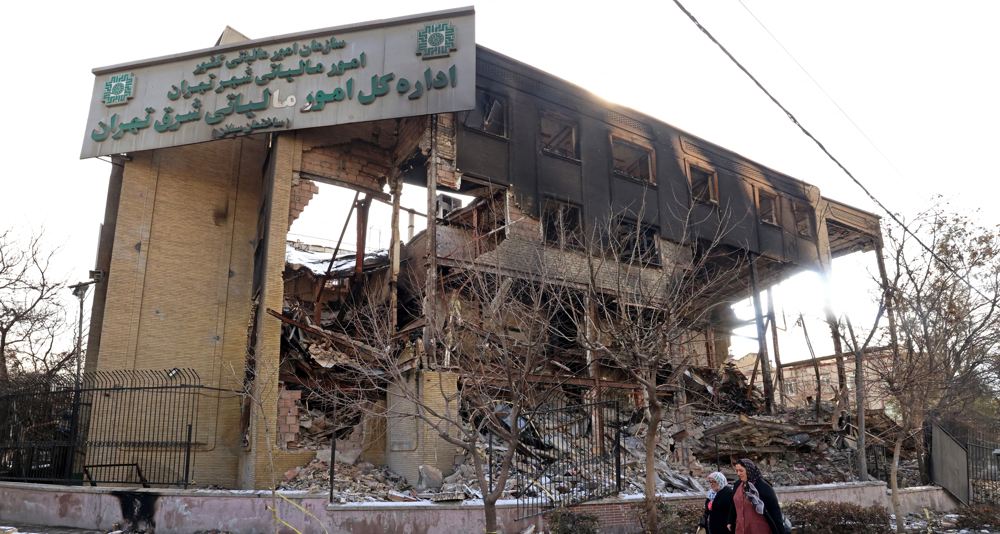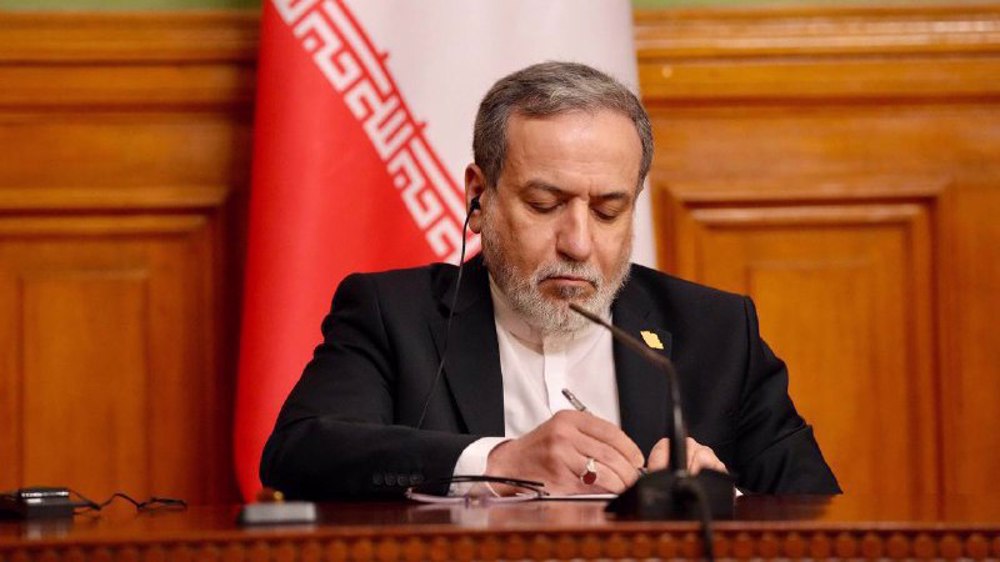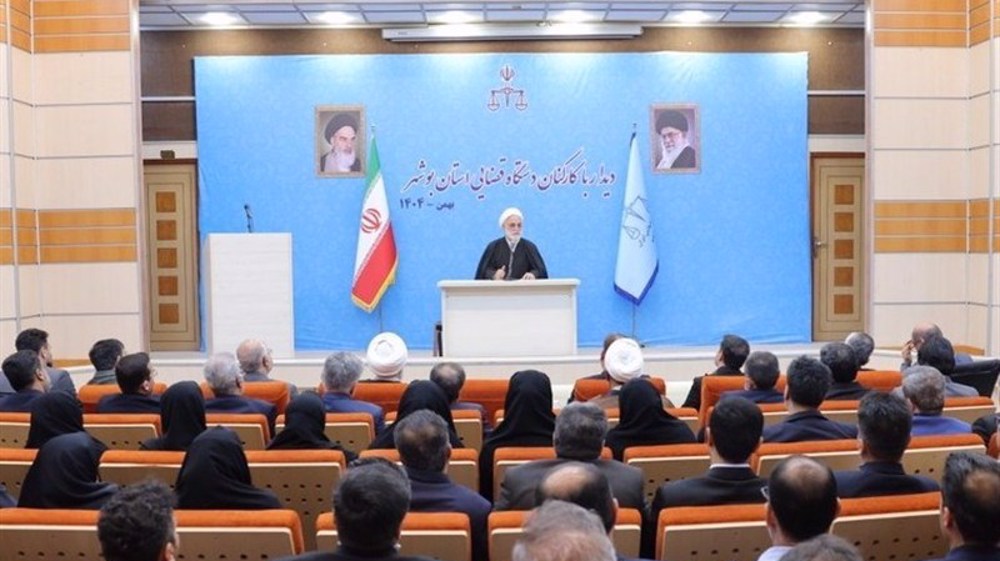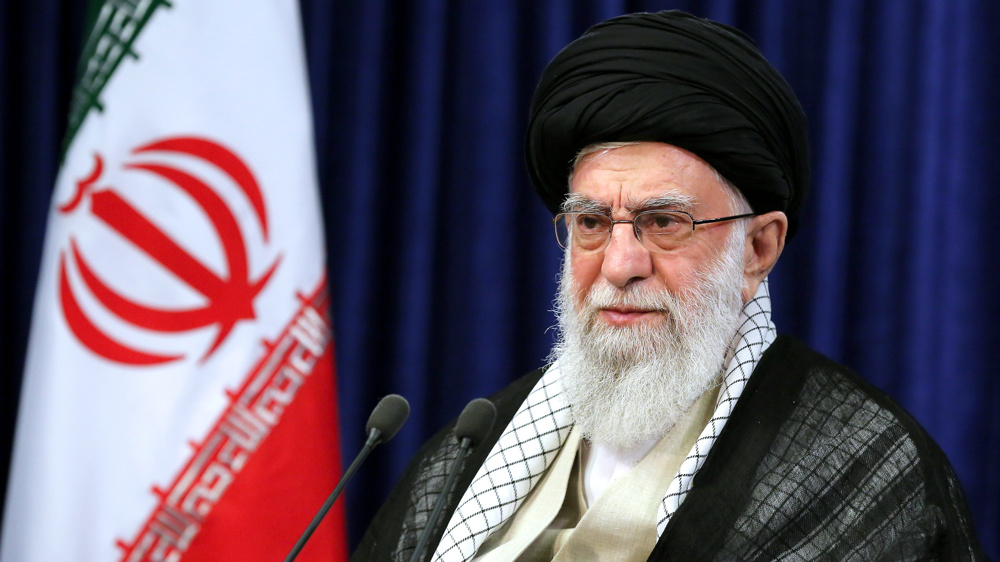Iranians pay tribute to late Imam Khomeini on 32nd anniversary of departure
Iranians and devotees of Imam Khomeini, the revered founder of the Islamic Republic of Iran, are commemorating the 32nd anniversary of his departure, while an annual mourning ceremony at his mausoleum is canceled due to COVID-19 restrictions.
This is the second year that the annual event is scrapped in order to prevent the spread of the deadly virus, in spite of popular requests to hold Imam Khomeini’s passing away anniversary as usual.
People in different cities have attended local events in recent days, while observing social distancing, to pay tribute to the late Imam.
Universities also held ceremonies on Wednesday evening while adhering to the Health Ministry’s coronavirus-related protocols.
Grand Ayatollah Seyyed Rouhollah Mousavi Khomeini, better known as Imam Khomeini, passed away on June 3, 1989 at the age of 87.
As an anti-imperialist icon, he devoted his life to standing up to Iran's former Pahlavi monarchy, a key ally of the United States, and eventually paved the way for the regime’s downfall in the 1979 Islamic Revolution.
He spent many years in exile in Iraq, Turkey and France, from where he led a swelling grassroots movement, which ultimately put an end to millennia of monarchical rule in Iran.
He came back home on February 1, 1979 after the Shah fled the country amid angry popular demonstrations. The Pahlavi regime fully collapsed 10 days later on February 11.
The mourning ceremonies for Imam Khomeini coincide with the anniversary of June 5, 1963 protests, which are remembered as a prelude to the revolution's victory. The protests broke out after Imam Khomeini was arrested for delivering a historic speech in the holy city of Qom, where he lambasted the “capitulation law” granting immunity to Americans on Iranian soil.
Every year on the occasion, a commemoration ceremony is held at Imam Khomeini’s mausoleum in southern Tehran, with large crowds of mourners attending. Leader of the Islamic Revolution Ayatollah Seyyed Ali Khamenei traditionally addresses the annual event.
Senior cmdr. strongly warns Trump following rhetorical remarks concerning Leader
EU Parliament halts US trade deal after Trump tariff threat
VIDEO | An unchecked presidency
VIDEO | Deportations strain Afghanistan’s fragile economy
‘Full-scale atrocity’: Iran security body reports 2,427 martyrs in US-Israeli-led riots
Smallest coffins are the heaviest: The three youngest victims of foreign-backed riots in Iran
Hamas warns of ‘systematic Israeli violations’ as Gaza ceasefire teeters
Israeli strikes kill 11 across Gaza, including children and journalists: Palestinian medics











 This makes it easy to access the Press TV website
This makes it easy to access the Press TV website